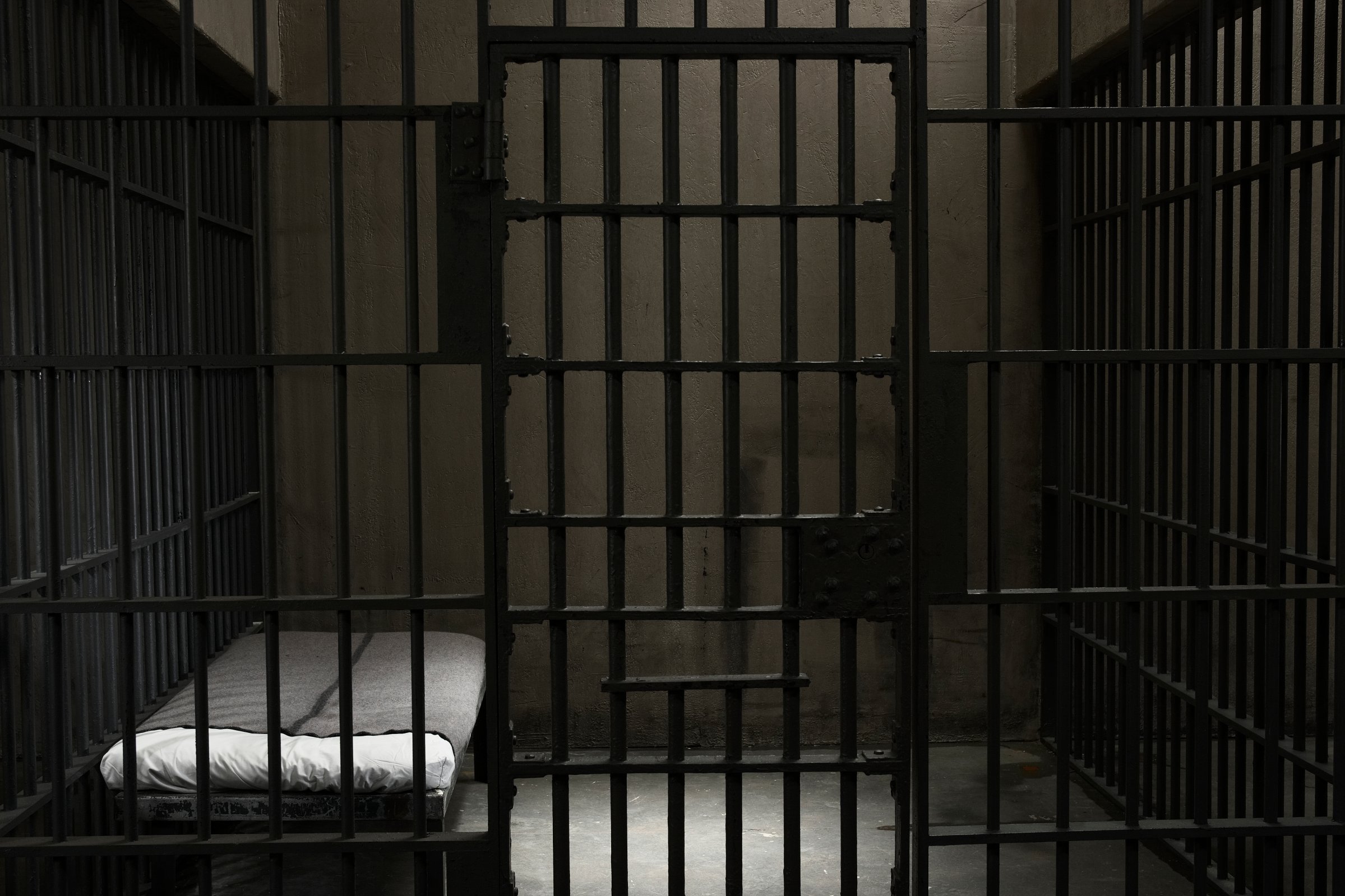
Andrea James knows firsthand just how challenging it is to be an incarcerated woman.
In 2009, James, then a mother of a 5-month-old child, was sentenced to 24 months in Danbury Federal Prison for illegally misusing funds. There, she bonded with other mothers separated and unable to see their children. She said most of her peers were serving long sentences for non-violent offensives, separated from their families and unable to get access to adequate mental health treatment and basic services, like menstrual care products. So, James and a number of her fellow female inmates decided they would draw attention to the conditions and fight to change them.
“We were hearing an uptick in dialogue about mass incarceration,” James, now the executive director of the National Council For Incarcerated and Formerly Incarcerated Women and Girls, told Motto, “but we weren’t hearing anything about the very specific needs of incarcerated women.”
That seems to be changing. Last week, Democratic Sens. Cory Booker, Elizabeth Warren, Kamala Harris and Richard Durbin introduced the Dignity for Incarcerated Women Act, which aims to make it easier for women to stay in touch with their children while incarcerated in federal prison by allowing longer visiting hours, making phone calls free and directing the Federal Bureau of Prisons to consider the location of a woman’s children while placing an inmate. The bill also includes other provisions, including ending shackling of pregnant women, providing access to menstrual products and ensuring that trauma victims get appropriate treatment. It’s not yet clear how the Democrat-backed bill will fare in the Republican-majority Senate, but as a first step it was referred to the Committee on the Judiciary.
Though men are still incarcerated far more than women, advocates and lawmakers say it’s urgent to address the conditions jailed women face. The number of incarcerated women ballooned from 26,378 in 1980 to 215,332 in 2014, according to the Sentencing Project, growing at a rate faster than the number of incarcerated men. But the facilities, built primarily to accommodate men, haven’t changed to provide the supplies and support women need, advocates say. Many women behind bars are victims of sexual trauma or suffer from mental health challenges or substance abuse, and many prison staffers, including security guards, aren’t appropriately trained to deal with those traumas, advocates say. “Women are entering prisons that are programmed for men even though their needs are entirely different,” Holly Harris, the executive director of the Justice Action Network, told Motto.
Adding to the urgency, advocates say, is the fact that more than 60% of women in jail or prison have a child under the age of 18 — and many of them are single mothers. Prison and jail phone calls and visits can be costly and difficult to arrange. After women are released from jail or prison, it can be difficult for them to regain custody of their children. And children of incarcerated parents are more likely to drop out of school and ultimately end up incarcerated themselves.
“When a mother is incarcerated, that incarceration has an outsize impact,” Elizabeth Swavola, a senior programming associate at the Vera Institute of Justice and the co-author of a 2016 report on the state of women in jails, told Motto. “It can be traumatizing for children to see their mothers on the other side of the glass and not being able to hug them.”
On Tuesday, Democratic and Republican lawmakers convened “Women Unshackled,“ a day-long conference presented by the Justice Action Network, in Washington, D.C. to discuss policy solutions to these problems. Lawmakers on both sides of the aisle, including Sen. Harris and Republican Oklahoma Gov. Mary Fallin, argued that it would be more effective to incarcerate fewer women and instead provide them with mental health or rehabilitation services so they can keep their families together.
“There are better solutions, and we have to find the right type of treatment to keep them from going into incarceration, to keep their families together,” Fallin said at the conference, according to the Washington Post. In Fallin’s home state, 83% of the women in prison are there for non-violent offenses and the majority of them are drug-related.
Harris hopes that Tuesday’s conference brings about more legislation on the state level. Several states have already passed legislation aimed at bettering the conditions for female inmates, including laws in several states that ban shackling pregnant women, and a number of Republican and Democratic governors have expressed interest in finding ways to reduce the number of women in prisons and jail. “Our hope is that this will have a trickle up effect,” Harris said, “where so many states will have enacted criminal justice reform so that the federal government will have no choice but to act.”
More Must-Reads from TIME
- Why Biden Dropped Out
- Ukraine’s Plan to Survive Trump
- The Rise of a New Kind of Parenting Guru
- The Chaos and Commotion of the RNC in Photos
- Why We All Have a Stake in Twisters’ Success
- 8 Eating Habits That Actually Improve Your Sleep
- Welcome to the Noah Lyles Olympics
- Get Our Paris Olympics Newsletter in Your Inbox
Write to Samantha Cooney at samantha.cooney@time.com